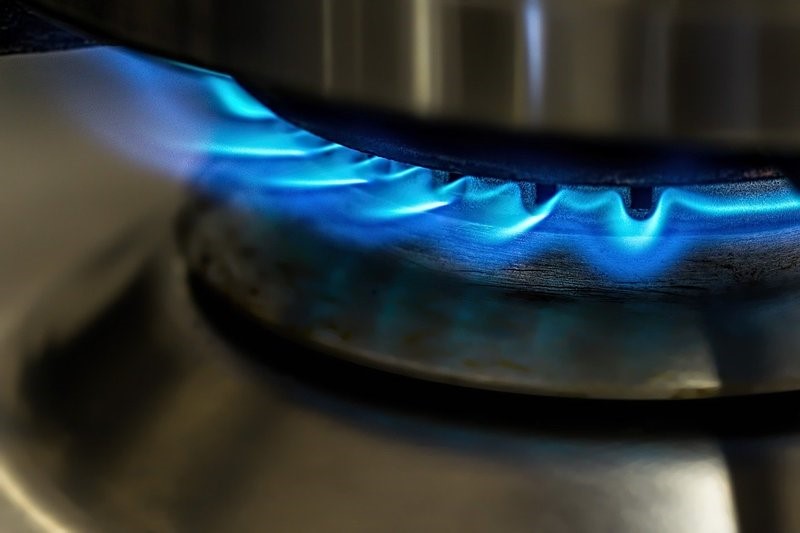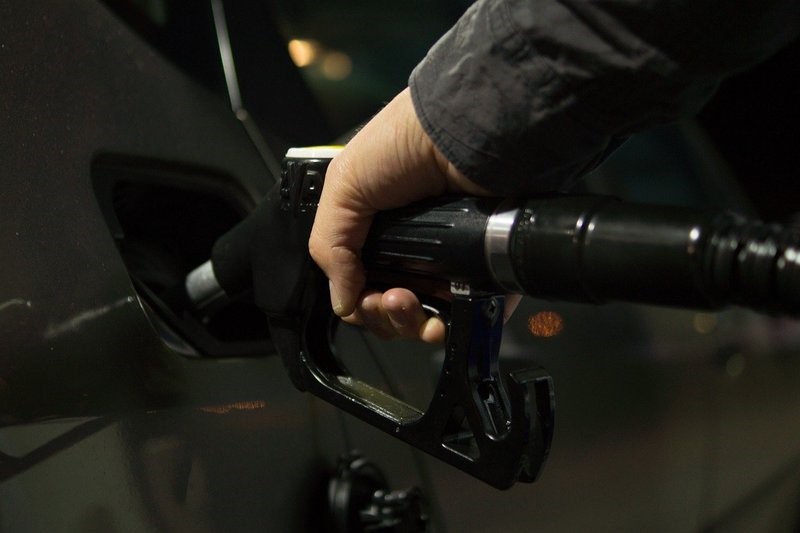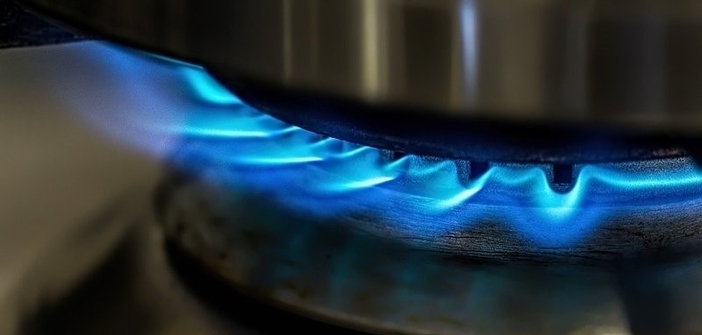In June 2019, Nice inaugurated its first BioGNV station (natural gas for vehicles) at the heart of the National Interest Market. It is the first station of its kind in the Alpes-Maritimes department, as shown by the map of GNV stations in France. This inauguration is part of the deployment of an ambitious plan to promote green energy, which perfectly meets the ecological expectations of our contemporary society. We take this opportunity to revisit natural gas as an alternative energy.
Nice rides on GNV
At the end of 2018, the Métropole Nice Côte d’Azur announced the acquisition of 60 new buses running on gas by 2022. This plan illustrates the public authorities’ commitment to preparing for the ecological transition and prioritizing renewable energy over oil, in particular. Several initiatives have been taken in this direction, including testing to operate a garbage truck on BioGNV.
Is natural gas still ecological?

Source: Pixabay
When talking about ecology, it is imperative to distinguish between traditional GNV and BioGNV. Traditional GNV is a fossil fuel, extracted from the ground like oil, for example. It is not a renewable energy source. In 2018, France was the 5th largest natural gas importer in the world, just behind China, making it one of the largest importers worldwide. Norway is the largest supplier of natural gas to the French market. Natural gas is bought and sold on the financial markets, and it is possible to invest in this commodity. Overall, GNV has a negative impact on the environment. That being said, it emits less CO2 and fine particulates than traditional gasoline or diesel.
In contrast, BioGNV uses biomethane from the fermentation of organic waste. It is thus a green energy, most of which is produced in France. However, the production of BioGNV involves the use of electricity. It is therefore recommended that this electricity also be produced using renewable energies to create a virtuous cycle. GRDF (Gaz Réseau Distribution de France) considers that BioGNV emits 80% less CO2 than conventional fuels, which has a real impact on the environment, aside from promoting a circular and local economy.
Ecological but also financial advantages?
This desire to turn towards less polluting or even green energies must be encouraged. Furthermore, it could also be a winning operation financially. Indeed, the dependency on the price of raw materials impacts public finances but also individual wallets. For instance, the price of oil remains strongly influenced on the markets by various geopolitical factors over which neither the authorities nor the French have control. Since January 2019 alone, the crude oil price has fluctuated with an amplitude greater than 50%.

Source: Pixabay
On the other hand, it is regrettable that the public authorities do not offer tax incentives to individuals who purchase vehicles running on BioGNV (as is the case with eco-bonus for electric cars, for example). Fortunately, some regions have implemented specific measures, but most are currently targeting professional uses of such vehicles. To date, the Provence-Alpes-Côte d’Azur region does not offer such aids.


